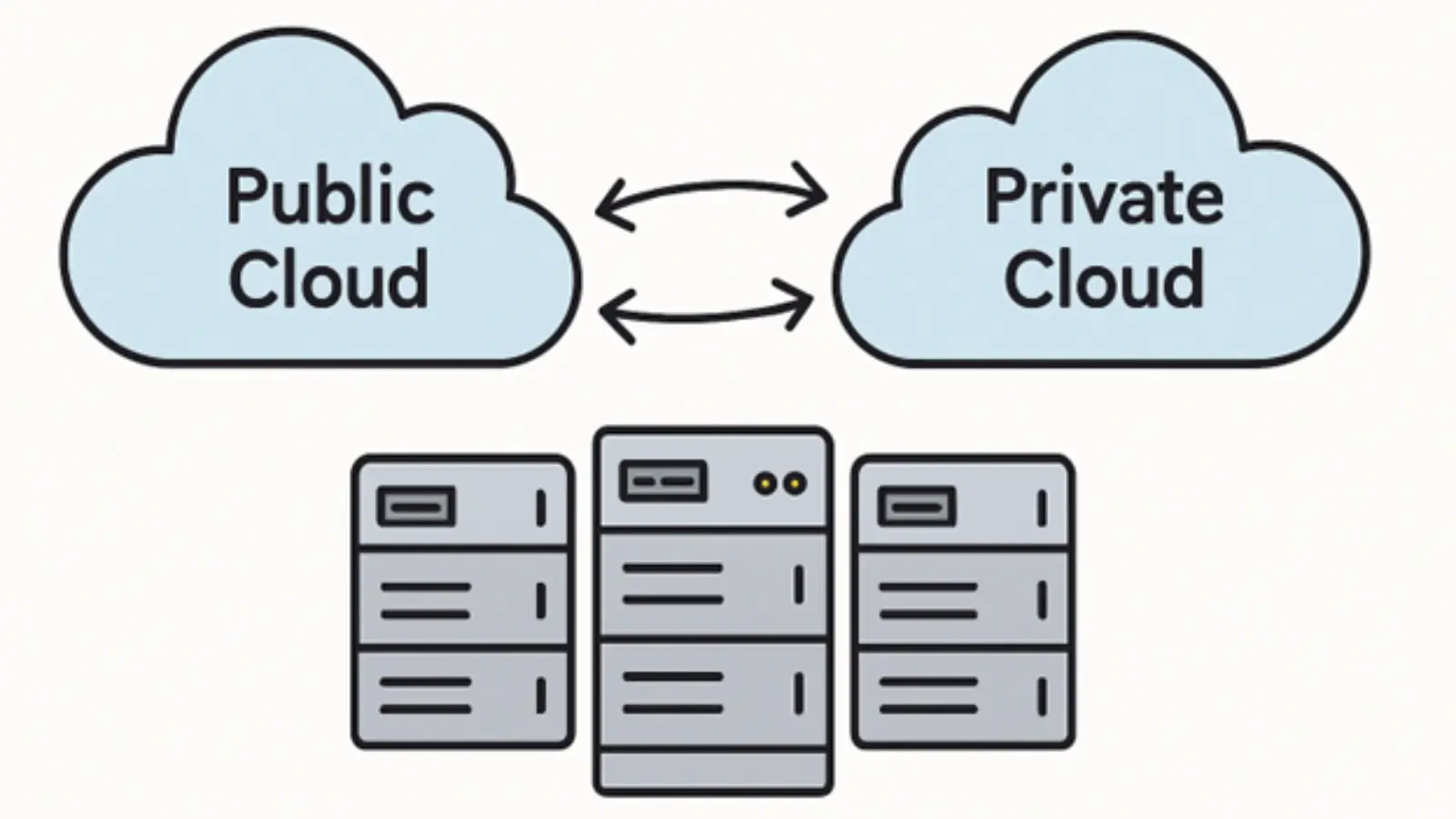Cloud accounting is now turning the business setting upside down with flexibility, efficiency, and easy access to financial transactions. Financial information is stored and processed on remote secure servers, allowing companies to gain real-time insights and eliminate operations from anywhere with internet access. This technology is especially relevant for organizations that enhance collaboration and significantly reduce manual processes. While these benefits are considerable, drawbacks such as data security issues and vendor lock-in do accompany cloud accounting. In this article, we shall elaborate on some eight key advantages and a few disadvantages of cloud accounting to help their modern counterpart make a wise decision toward adopting this revolutionary business tool.
Advantages of Cloud Accounting
Advantages posed by cloud accounting are as follows:
1. Accessibility Anytime, Anywhere
One of the most distinguishing features of cloud accounting is its access. The business owner or accountant can log into his account from any device that has an internet connection to manage the finances in real-time. Given this flexibility, it can provide value to businesses that have remote teams or multiple offices. For example, with software like QuickBooks, financial data can be accessed and be on the go; hence taking the center stage for businesses with heavy accounting needs. Unlike software that has to be downloaded into a physical system, cloud solutions provide immeasurable value to the modern business.
2. Better Collaboration
Cloud accounting supports seamless collaboration since multiple users can work on the same financial data at the same time. This is especially useful when operating in dispersed teams or different time zones. With cloud accounting, accountants can get direct and immediate access to reports without waiting on manual updates, which allows for smoother workflow management. Where expense management is concerned, tools like Expensify integrate with cloud systems to provide a prospective alternative to legacy platforms like Bill.com. Businesses in this manner gain improved access to data that fuel their decision-making and operational efficiencies.
3. Automation Saves Time
In cloud accounting, automation is a game-changer. Automated invoicing, recurring payments, and real-time transaction categorization help to reduce manual input and error. QuickBooks does a great job of automating payroll and tax calculations, leaving the business free to explore other avenues for maximizing efficiency. All alternatives for billdotcom are capable of automated tracking for bills and payments, thereby making vendor management much simpler. This gives companies the freedom to focus on growth rather than administrative tasks that are tedious.
4. Up-to-Date Financial Insights
Cloud accounting allows real-time financial information to be available for swift decision-making in organizations. Unlike conventional systems, which need human interventions for updating, they export all records automatically to bank accounts and other finance-organized systems, then deal with cloud applications. A good example would be Square, which now integrates with cloud-based accounting software for tracking real-time sales and expenses with small business applications. This feature improves the cash flow of an organization while helping it discover a potential challenge before becoming a hefty problem.
5. Cost-Effective
Cloud accounting works on a subscription model and doesn't require any installing hardware or software, spending a lot for those. Organizations pay for the features they use, making it an expandable solution for all the businesses. QuickBooks, for instance, provides several price lists to fulfill each different requirement for businesses-from startup to fully functioning corporations. Other than this, products like Expensify offer inexpensive and effective solutions for expense tracking and other functionalities.
6. Security at a Different Scale
At the same time as people's concerns would drift into cloud computing, most of the service providers will incorporate robust encryption protocols in safeguarding sensitive data. This could be back-up and back-up really automatically does not put the financial data at risk due to hardware failure or cyber-attack. Comparison between QuickBooks vs Square accounts will mostly put forward the better security features of QuickBooks as a premier advantage to businesses that are undertaking detailed financial operations. Eventually, the risks associated with cloud accounting are still less compared to that of using traditional methods.
7. Scalable to Growing Enterprises
Another positive thing about cloud accounting is that it is scalable, which makes it most suited for businesses that are scaling. A growing firm easily upgrades its subscription or adds features without much disruption as it grows. Comparisons for Expensify vs QuickBooks show that both provide scalable solutions tailored to businesses in various growth stages. This ensures that companies get to pay only what they need while having the option of scaling higher as operations evolve.
8. Go Green and Paperless
Cloud accounting is paper-free and thus makes the world a better place because the world is less paper and costs those transactions. Digital invoices, electronic receipts, online documentation reduce waste and make the world a better place. The QuickBooks site encourages its users to go paperless by allowing digital storage of financial records. Not only does this save our environment, but also reduces clutter and improves efficiency in the workplace.
Challenges of Cloud Accounting
Some of the challenges of cloud accounting include:
Data Security Issues
Regardless of the security measures such as encryption of data, cloud accounting systems still face the constant threat of data breaches. Sensitive financial information must be entrusted to third-party providers and this is an uneasy feeling for the businesses in certain cases. While many alternatives for bill.com tend to showcase a more secure environment, others may not alleviate all security concerns.
Dependence on Internet Connection
Cloud accounting finds dependence on proper internet connections. Any kind of hindrance to this connection could deprive you from accessing financial data, delay mission-critical undertakings, or worst, lose them altogether. This could pose serious problems to businesses operating from areas with intermittent internet connectivity or during sudden outages.
Vendor Lock-In
Interoperability and the exorbitant cost of migration can render working from one cloud service provider to another rather difficult. As an illustration, moving away from QuickBooks might be a hard task for businesses considering alternatives owing to file formats or company-specific integration. It restricts your choices and essentially binds you to one or two vendors.
Learning Curve and Technical Issues
Employees who lack knowledge of cloud platforms undergo couching with new technology for support. Further, some technical problems or bug issues within the software could disrupt and halt their workflow until these are rectified through external assistance. While products like Expensify vs QuickBooks may offer the user the simplest experience, some level of initial training would still have to be given so that full potential can be reached.
Conclusion
Cloud accounting has provided unprecedented flexibility, automation, and real-time insights for modern businesses, leading to a significant makeover in financial management. Nevertheless, the challenges related to data security risks and vendor lock-in justifies the need for careful selection of the respective platform. By weighing the benefits against the potential negatives, the company can either implement QuickBooks for its cloud accounting solution or consider any of the alternatives such as Expensify based on organizational requirements. All in all, with the deployment of this technology, there would be improved operational efficiencies benefiting companies in terms of long-term growth to be able to keep pace with the changing dynamics of today's business ecosystem.
















